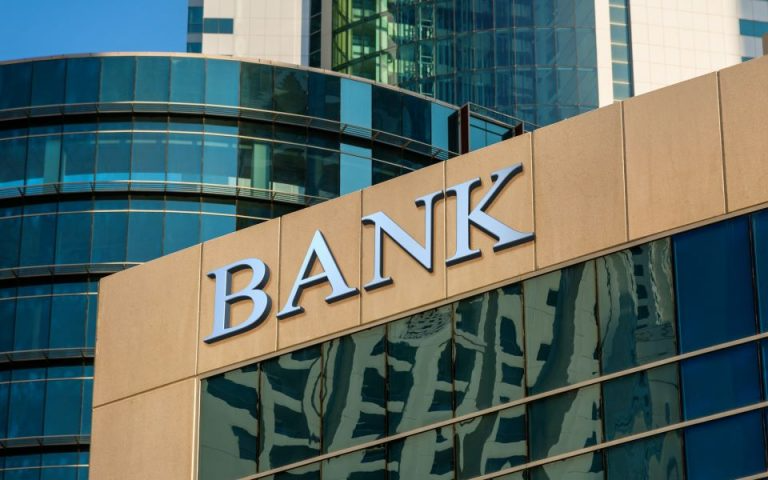
Banks were on a strong profitability trajectory in the first 6 months of 2024. A stronger than expected first half prompted bank management to revise their 2024 profitability guidance. They now look forward to a cumulative net result of EUR 4.5 billion in 2024, according to Athens News Agency.
In particular, expectations for Greek banks are improving following the better-than-forecast results announced for the first half of the year, Morningstar DBRS notes. The rating agency attributes the outperformance to the better-than-forecast resilience of the net interest margin, reflecting a slower decline in interest rates, a better deposit mix, and a stronger pace of credit expansion.
Higher revenues from core banking activities, discipline on the cost front, and lower loan loss provisions drove profitability in the first half, according to DBRS.
The four systemic banks reported total profits of 2.3 billion, up 25% year-on-year.
Eurobank , in the first half, recorded a profit of 721 million (+5.4%), ΝΒG a profit of 670 million (+26% ), Alpha Bank a profit of 322.5 million (+6.5%) and Piraeus' profit rose to 563 million from 299 million in the same period last year.
Interest income amounted to EUR 4.197 billion. NBG reported interest income of EUR 1,192 million (+13%), Eurobank EUR 1,132 million (+8.6%), Piraeus EUR 1,045 million (+11.76%), and Alpha Bank EUR 829 million (+6.4%).
Commission income reached EUR 1,010 million. NBG reported commission income of EUR 205 million (+5%), Eurobank EUR 283 million (+4.7%), Piraeus EUR 325 million (+11.76%), and Alpha Bank EUR 197 million (+13.7%).
The average gross NPE ratio decreased to 3.5% at the end of June 2024 from 4.1% at the end of 2023. The average NPEs coverage level strengthened to around 68% from 66% in the same period. The NPE ratio for Eurobank decreased to 3.1% from 5.2% in the same period last year, for Piraeus to 3.3% from 5.5%, for National Bank to 3.3% from 5.7%, and for Alpha Bank to 4.7% from 7.6%.
The average annualised return on equity (ROE) was 14% at the half-year, marginally better than the corresponding period in 2023.
In particular, higher net interest income and fees supported revenues, despite significantly lower trading and other non-recurring income. Cost control helped offset inflationary pressures and higher costs due to digitization, DBRS analysts noted.
Risk costs fell in the first half compared with previous years, although they remained higher than the European average. The risk profile of Greek banks was further strengthened amid continued risk reduction and favourable asset quality trends, they stressed.
Greek banks posted a good second quarter in 2024, with an improved bottom line, NBG Securities noted in an analysis.
As the analysts explain, the lower core earnings before provisions reflect higher deposit hedging costs, the expansion of the loan portfolio with new disbursements of more than EUR 8 billion cumulatively, higher fee income, and finally, significantly lower trading income. Greek banks have maintained their strong capital and ample liquidity, which can continue to be invested in higher-yielding assets, NBG believes.






